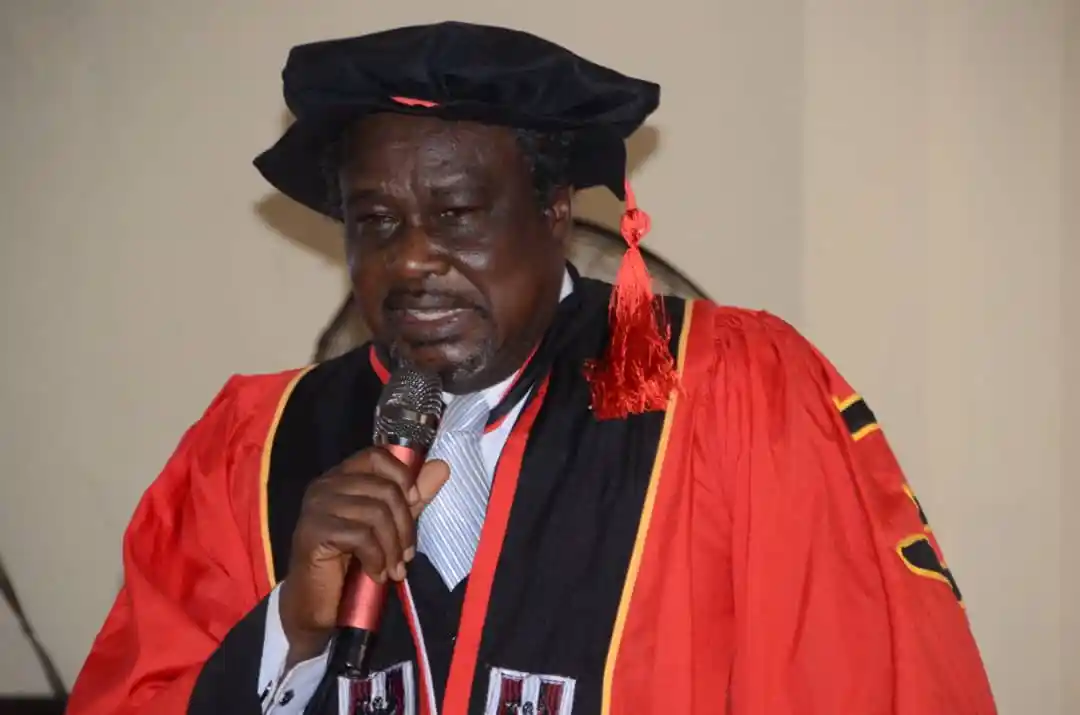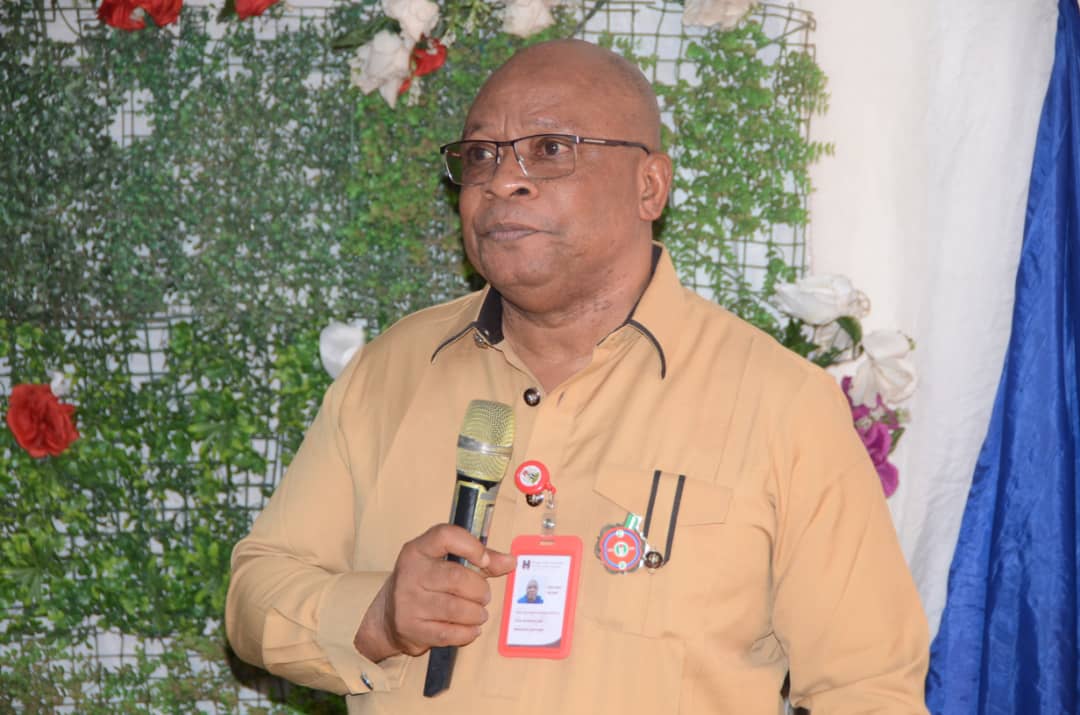Colonial Legacy and Its Impact on Igbo Unity
A professor of Political Science at the Enugu State University of Science and Technology (ESUT), Okechukwu Richard Oji, stated on Thursday that arbitrary boundary demarcations during the colonial era led to the separation of many Igbo communities across different states.
Prof. Oji noted that some states such as Kogi, Benue, Delta, Edo, Rivers, and Cross River, which are outside the core states in South East Nigeria, contain significant populations of Igbo people who, despite sharing ethnic and cultural identities, remain politically and administratively separated.
He made these remarks while delivering the 40th inaugural lecture of ESUT titled “Politics of the Fence and Politics of the Bridge: Desiderata for Effective Boundary Management in Nigeria” at the permanent site of the University in Agbani, Enugu State.
He further explained that the divisions have weakened the political strength of the Igbo people, even as those cut off from their Igbo relatives continue to suffer political and other forms of marginalization in their current places of residence. “The separation has further contributed to disunity within the South East region,” he added.
“The Igbo people, historically one of Nigeria’s most cohesive ethnic groups, now face internal divisions driven by boundary disputes and political competition. As a result, boundary disputes in the South East not only destabilize the region but also disintegrate the unity of the Igbo nation across Nigeria,” he stated.
Promoting Peace and Collaboration
While emphasizing the need for peace-building efforts in boundary disputes, Prof. Oji lauded the contributions of traditional institutions, faith-based organizations, youth and women groups, civil society organizations, and others in fostering peace within affected communities.
He urged individuals and groups to act as bridge builders to entrench peace in their communities. Furthermore, he charged governments at all levels to create an enabling environment for sustainable development, justice, and peace. He also advocated for increased funding of government agencies responsible for effective boundary management, such as the National Boundary Committee (NBC) and State Boundary Committees.
Prof. Oji made a case for the establishment of an Institute for Boundary Studies at ESUT, stressing the importance of building bridges of tolerance, cooperation, coexistence, and confidence among communities and groups in the South Eastern States.
In his remarks, the Governor of Enugu State, Barr. Peter Mbah, represented by the Honorable Commissioner for Water Resources, Dr. Felix Nnamani, stated that the topic of the lecture aligns with the Enugu State Government’s experiential learning trajectory. He encouraged scholars to leverage their knowledge to address societal problems.
Governor Mbah also called for adequate collaboration between academia (“gown”) and local communities (“town”) to foster sustainable socio-economic and technological development in the state.
The Vice Chancellor of ESUT, Professor Aloysius-Michaels Okolie, described the lecture as timely, highlighting the urgent need to address incessant boundary disputes that have resulted in loss of lives and properties in the South East. He noted that ESUT has commenced the Distinguished Personalities Lecture Series to promote effective collaboration between the University community and industries for sustainable development.
In his remarks, the Chairman of the ESUT Inaugural Lectures Committee, Prof. Milletus Ezeamaenyi, commended the University Management for enhancing ESUT’s visibility through the organization of inaugural lectures and the stimulation of research and innovation.
While giving the vote of thanks, Professor Chika Ndubuisi, a professor of Neurosurgery and the next scheduled lecturer at ESUT, called for the commercialization of research endeavors to benefit society. His upcoming lecture is set for December 12, 2024.
“Boundary disputes pose a significant threat to national cohesion and regional development. By promoting bridge-building and leveraging academic expertise, we can work toward resolving these issues and fostering lasting peace and unity.”




